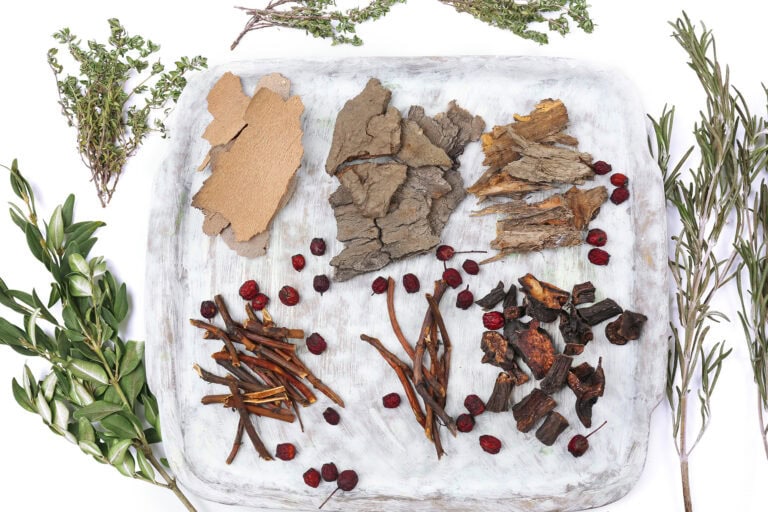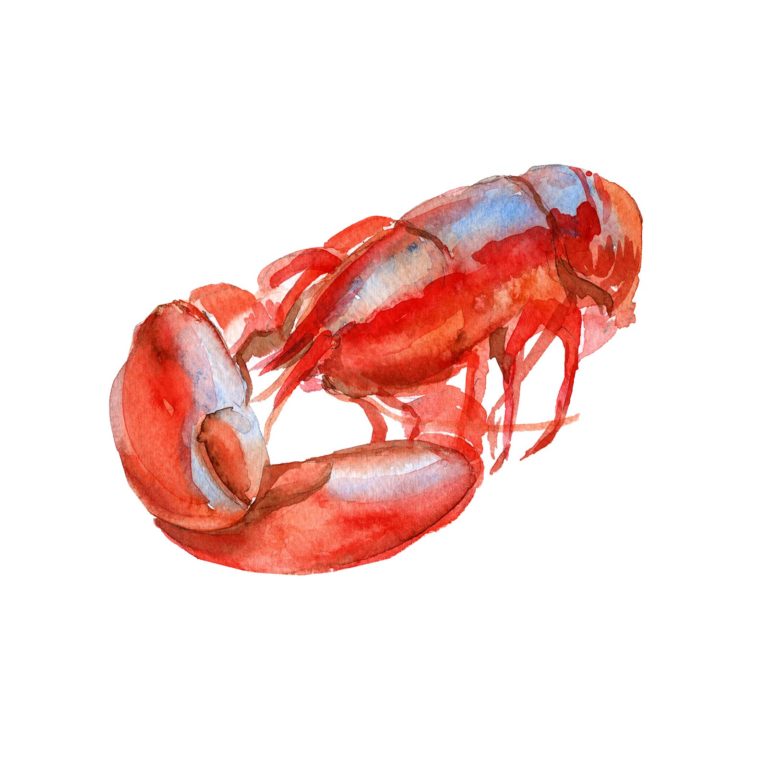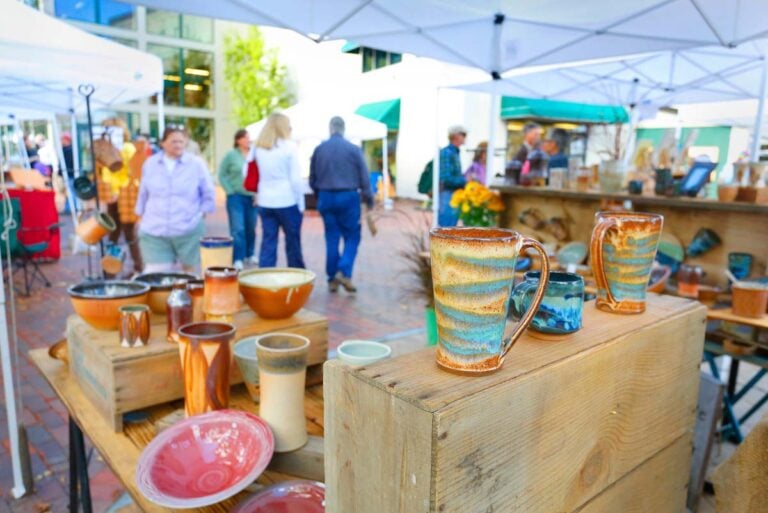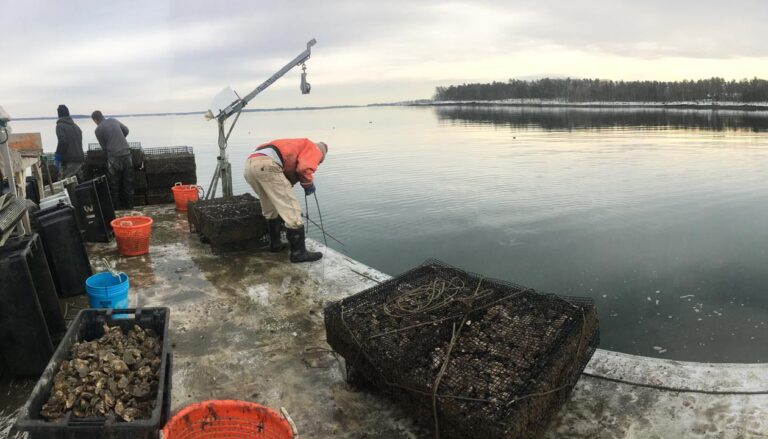In the annals of American industry, few tales are as heartening as that of Maine Grains, the Skowhegan-based mill that isn’t just grinding wheat but grinding away at the notion that local agriculture can’t be both traditional and innovative. With a recent infusion of $700,000 in grants, this little mill is making big moves—specifically, into the realm of ready-to-eat cereals. But this isn’t just about breakfast; it’s about bolstering a regional grain economy that is as sturdy as a New England oak.
Founded in 2012 by Amber Lambke and Michael Scholtz, Maine Grains set up shop in a repurposed county jailhouse—a fitting metaphor for a company freeing grains from the prison of industrial processing. Their mission? Revitalize the local grain economy, support Maine’s farmers, and provide fresh, stone-ground flours that make bakers weep with joy. Over the years, they’ve become a linchpin in a movement that values sustainability, community, and, of course, really good bread.
Now, thanks to a $250,000 Resilient Food Systems Infrastructure (RFSI) grant, a $200,000 New England Food Vision Prize, and another $250,000 from the Maine Jobs and Recovery Plan, Maine Grains is expanding into a whole new domain: cereals. And not the kind that disintegrate into sugar dust five minutes after hitting milk. This is upcycled, locally grown, fiber-packed cereal designed to nourish both bodies and the local economy.
“We are honored to play a role in restoring manufacturing infrastructure to central Maine that allows us to not only support local farmers growing wheat, oats, rye, and other crops, but also helps build a resilient local food supply and good jobs,” says Lambke, founder and CEO of Maine Grains. “This innovative extrusion equipment will be unique and adds capacity to the East Coast which is currently missing.”
For those who don’t wake up thinking about cereal extrusion (a shockingly high number of people, apparently), this new investment means that Maine Grains can now produce ready-to-eat, nutrient-dense snacks that sidestep the usual industrial shortcuts. The state-of-the-art extrusion line—set to cost about $1.3 million—will allow the company to manufacture cereals and grain-based snacks in-house, providing more economic opportunities for local farmers while ensuring nutritious, whole grains reach more tables across New England.
Maine Grains’ efforts extend far beyond breakfast. By fostering a regional grain economy, they’re helping insulate the community from the whims of global supply chains—a resilience that proved invaluable during the COVID-19 pandemic when national flour supplies dwindled, but Maine Grains kept on milling. The company also plays a vital role in supporting Maine farmers, providing a steady market for growers like Sean O’Donnell of Rusted Rooster Farm, while organizations like the Maine Grain Alliance continue to strengthen the network of growers, millers, and bakers.
“Maine Grains is proud to continue working with local farmers and partners to create a more sustainable food system,” the company states. “With the support of the RFSI grant, New England Food Vision Prize, and the MTI-PRIME grant, Maine Grains will take significant strides in reducing food waste while making nutritious, upcycled grain-based products for schools, institutions, and consumers alike.”
That last part—institutions—is key. With the ability to produce at scale, Maine Grains’ cereals and snacks could end up in schools, hospitals, and universities, offering healthier, locally sourced alternatives to mass-market breakfast staples.
In a world where breakfast often comes from a cardboard box adorned with cartoon mascots, Maine Grains is offering something different: cereals and flours that are deeply connected to the land and the community. As they prove time and again, sometimes the best way forward is to look back—to traditions of quality, sustainability, and local collaboration.
So, as you pour your morning bowl of cereal, consider this: Behind those wholesome flakes is a story of innovation, resilience, and a community coming together to build a better food system. Now that’s something worth waking up for.













